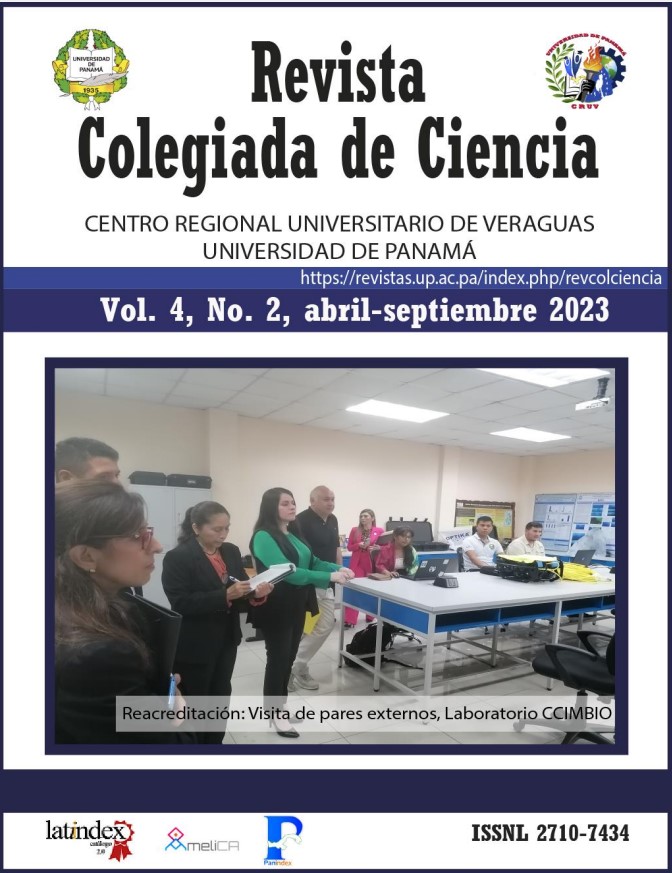

Quantitative research, with descriptive correlational design, whose purpose is to provide a vision of the factors that are related to the work environment of the administrative human resource of the Urracá Institute, in the province of Veraguas-Panama, with the participation of 45 collaborators. The data was obtained through the application of a questionnaire, adapted from the "Organizational Climate and Leadership Measurement Instrument (IMCOL)". The results show that 90% of the study subjects have more than 5 years of working in the institution, there are approximately between 70 to 90% of a good level of rapprochement between authority-collaborator and level of trust, respectively. It is evident that the control 90% of the activities to be carried out are held by the authority. When verifying the perception of the importance of training for the execution of activities, approximately 90% consider it highly necessary. On the other hand, there is a high degree (62%) of discontent in the economic remuneration in contrast to a high degree (85%) of comfort in the physical and environmental conditions. The degree of perception projected by the collaborators of the Urracá Institute, in the five dimensions studied, allows us to conclude that there is a favorable work environment for the execution of activities and functions in the institution, where the collaborator recognizes the relevance of the training and the impact of the same in their work context and it is necessary to deepen the aspect of economic remuneration as an aspect that presents a degree of shortcomings and can cause weaknesses in work performance.